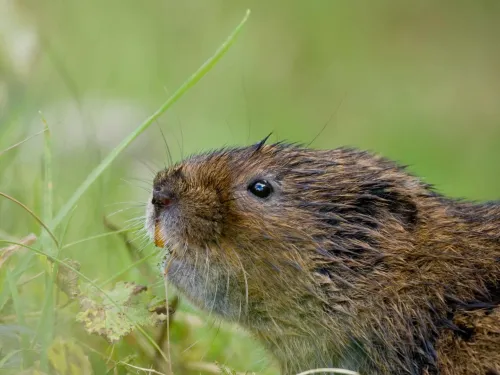
What are chalk streams?
Chalk streams are an ecologically significant freshwater habitat and are globally rare. England holds approximately 85% of the global total with the majority of those dotted around the south, including in Kent.
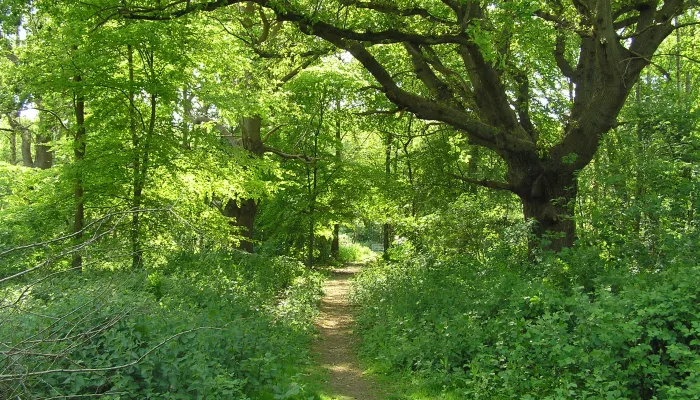
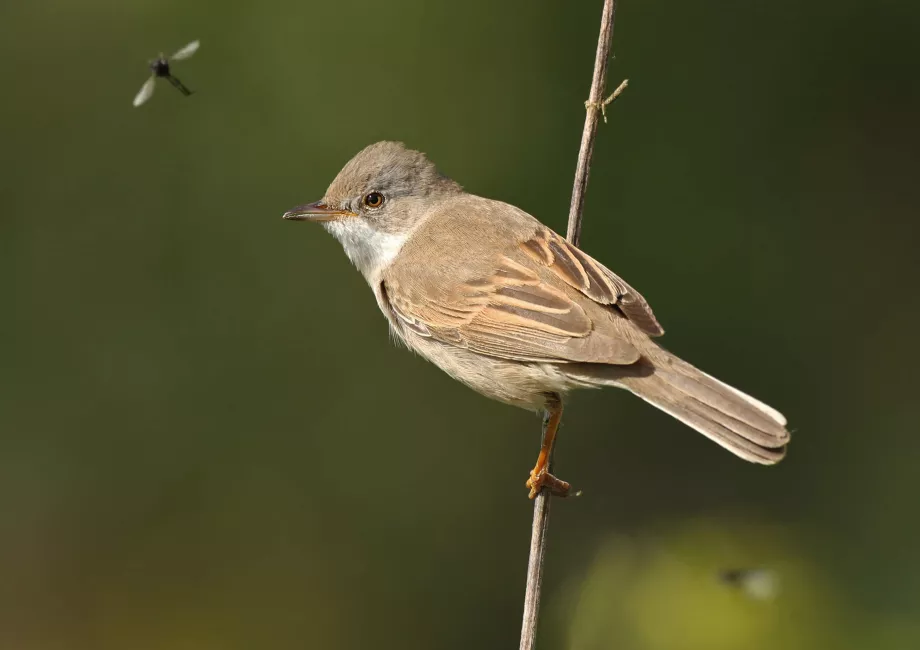
Whitethroat. © Jon Hawkins
The whitethroat is a medium-sized, long-tailed warbler of grassland, scrub and hedgerows. Males are sandy-grey above, with pale grey heads, pinkish-buff breasts, bright white throats, rusty-brown edges to their wing feathers. Females are duller. It is a hedge bird, seeming to be permanently hopping about during nesting time, singing or babbling and tail flicking all the while. Song flights are short and bouncing between bushes or back to the same low perch, head feathers held erect as it sings. If disturbed at night in May and June will give snatches of song, less mellifluous than a nightingale. They feed on insects and larvae, ants and spiders, but in late summer, with young brood in tow ahead of migration in October, they eat fruits as well. Drought in the winter quarters of the whitethroat affects survival, and a prolonged drought in the late 1960s led to a 90% crash in UK numbers. The species is still recovering from this crash so is on the Amber Conservation list.
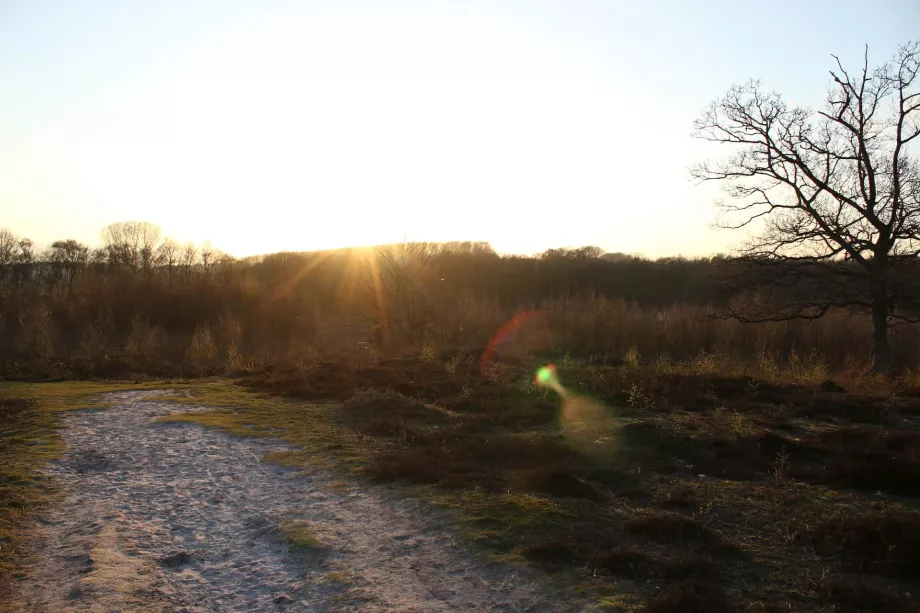
© Tim Horton
In order to help protect these vulnerable, disturbance intolerant ground nesting bird species we will be asking that dogs be kept on leads and on the paths in the open areas of heath across Hothfield. This will enable our heathland bird species to nest in peace away from the paths. Dogs can still be off lead but under control in the wooded area around the edge of Hothfield Heathlands as tree nesting species are less sensitive to disturbance by dogs and people. With all of your help we can support these vulnerable and rare species to thrive again in our unique heathland habitat.

Chalk streams are an ecologically significant freshwater habitat and are globally rare. England holds approximately 85% of the global total with the majority of those dotted around the south, including in Kent.
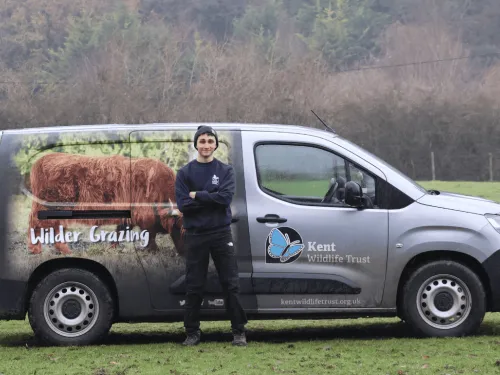
We're celebrating the journeys of our Kent Wildlife Trust apprentices.
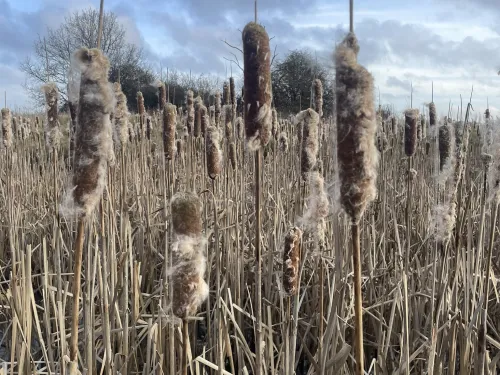
Long-time volunteer Margery Thomas explores the wildlife at Hothfield Heathlands in February, where reedmace tells a story...